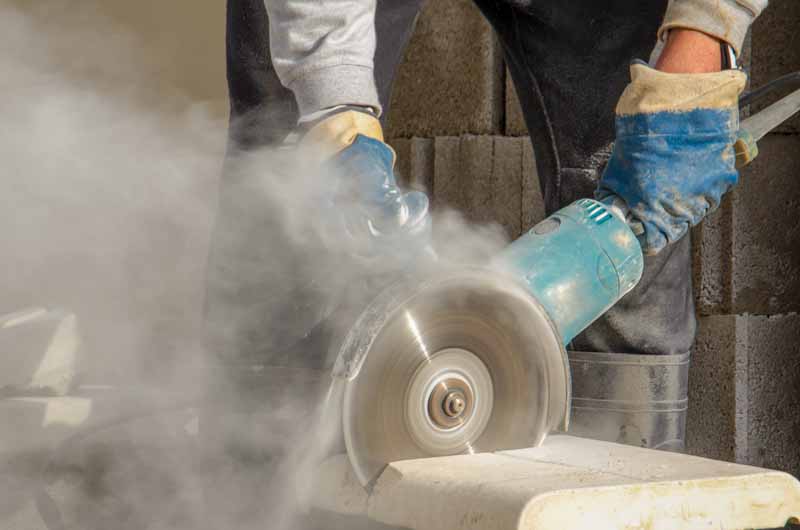Around a decade ago, parts of the Australian rail construction industry introduced the Pegasus Card. The intent was to have a single portal through which a worker’s competencies and eligibility to work could be verified. It evolved into the Rail Industry Worker Card in existence today. Pegasus remains in parts of the mining sector.
I was reminded of the Pegasus Card when I read the recent West Australian report into sexual harassment in the mining sector, Enough is Enough. One of its recommendations, Number 3, was that:
“The industry must explore ways to prevent perpetrators of serious sexual harassment simply finding reemployment on other sites and in other companies. This should involve:
– thorough exploration of an industry-wide workers’ register or other mechanism such as industry-wide accreditation, taking into account natural justice considerations and perhaps modelled on the Working With Children Card;…..
“industry-wide workers’ register”? Isn’t that what the Pegasus card helps to manage?







